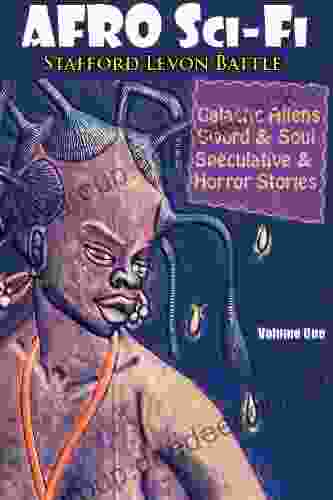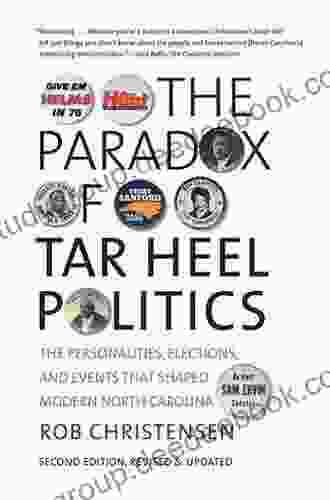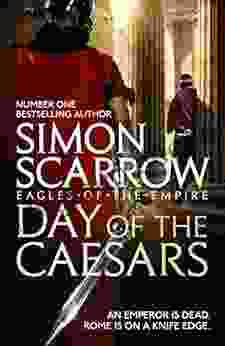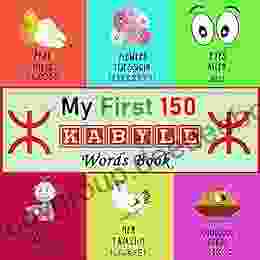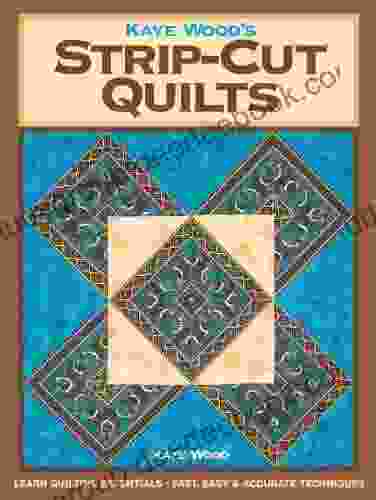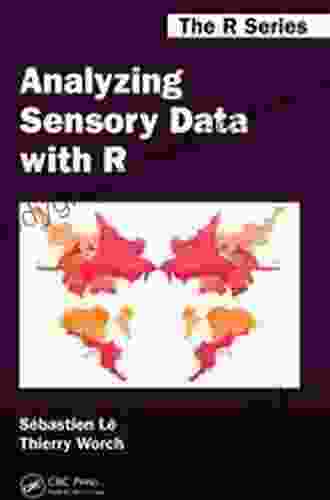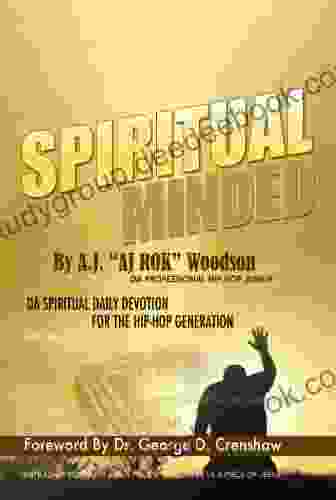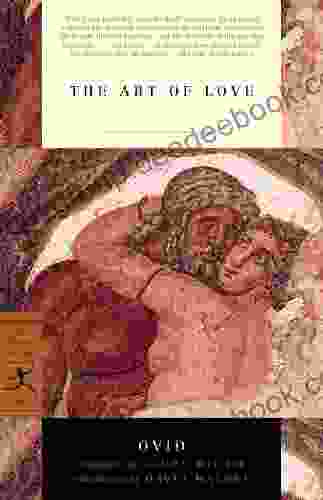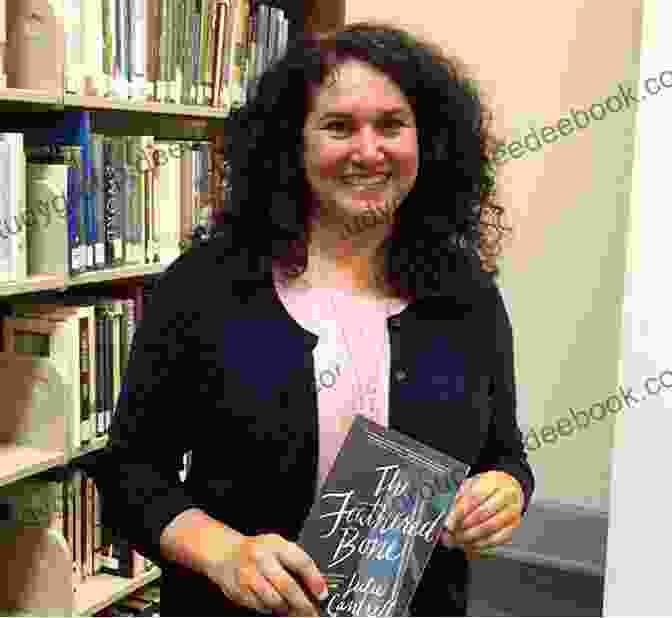
4 out of 5
| Language | : | English |
| File size | : | 1262 KB |
| Text-to-Speech | : | Enabled |
| Screen Reader | : | Supported |
| Enhanced typesetting | : | Enabled |
| Word Wise | : | Enabled |
| Print length | : | 166 pages |
| Lending | : | Enabled |
Afrofuturism: The Next Generation, an anthology edited by Julie Cantrell, is a groundbreaking collection of stories, essays, and poems that explores the diverse and transformative landscape of Afrofuturism, a literary and artistic movement that envisions a future in which the experiences, perspectives, and ingenuity of people of African descent play a central role.
Julie Cantrell, an accomplished author, editor, and scholar in the field of African American literature, has brought together a stellar group of contributors, including N.K. Jemisin, Tomi Adeyemi, Nnedi Okorafor, and many others.
The anthology is divided into three parts: "Memory and Imagination," "Technology and Liberation," and "Diaspora and Identity." Through these sections, Cantrell and the contributing authors explore the ways in which Afrofuturism engages with history, technology, and the African Diaspora.
Memory and Imagination
The first section of the anthology, "Memory and Imagination," delves into the ways in which Afrofuturism reimagines the past and envisions new possibilities for the future. N.K. Jemisin's short story "The City Born Great" explores the complexities of memory and the ways in which it can shape our understanding of history and our place in it. Tomi Adeyemi's "Children of Blood and Bone" draws on West African mythology to create a vibrant and imaginative world that challenges traditional notions of race and identity.
Technology and Liberation
The second section of the anthology, "Technology and Liberation," examines the role of technology in Afrofuturism. Nnedi Okorafor's "Binti" tells the story of a young woman who travels to a distant planet to attend university. The story explores the ways in which technology can empower individuals and bridge cultural divides. Nalo Hopkinson's "The Salt Roads" follows the journey of a group of refugees who use technology to create a new home for themselves.
Diaspora and Identity
The third section of the anthology, "Diaspora and Identity," explores the experiences of the African Diaspora and the ways in which Afrofuturism provides a platform for expressing and celebrating cultural diversity. Imbolo Mbue's "The Man Who Made Diamonds" tells the story of a Congolese immigrant who uses his knowledge of gemology to create a new life for himself and his family in the United States. Lesley Nneka Arimah's "Skinned" explores the complexities of race and identity through the story of a woman who has the ability to change her skin color.
'Afrofuturism: The Next Generation' is a groundbreaking anthology that showcases the diversity and transformative power of Afrofuturism. Julie Cantrell and the contributing authors have created a collection of stories, essays, and poems that challenge traditional narratives and envision a future that is inclusive, equitable, and充滿希望.



